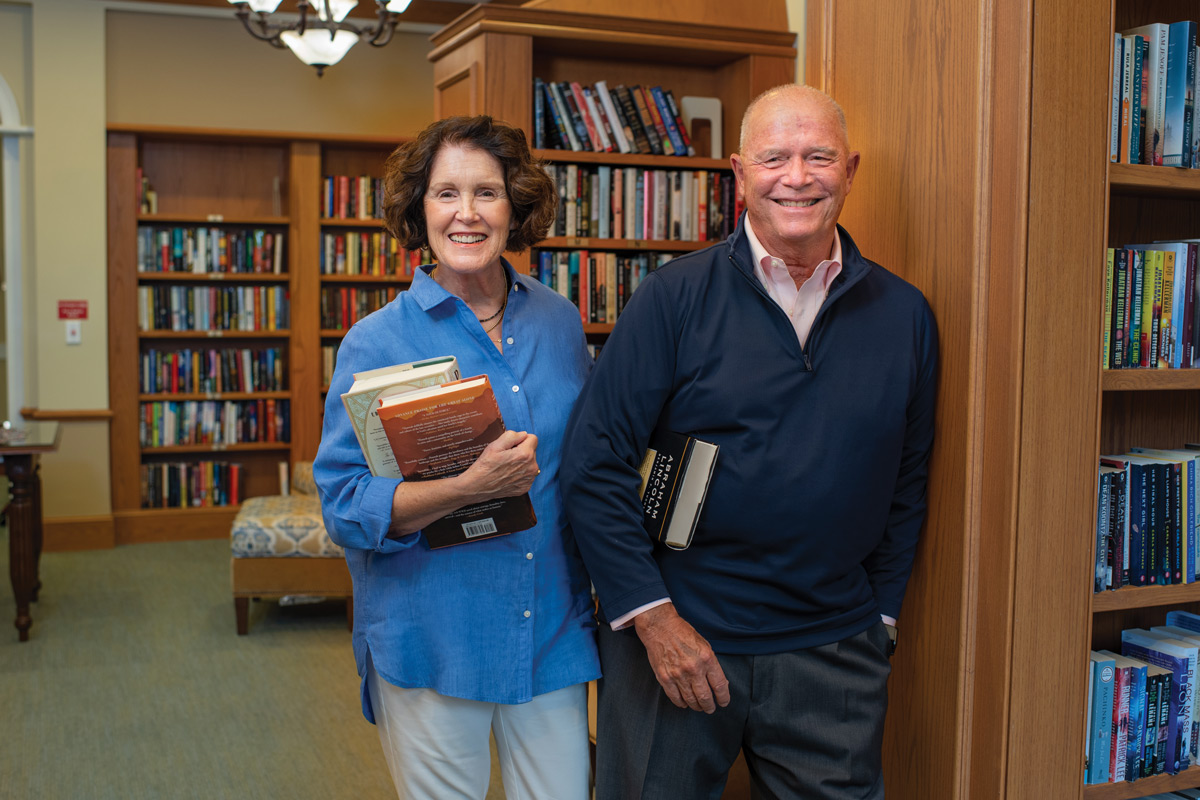
In the last century, longevity has nearly doubled in developed nations the world over – adding roughly three decades to life on average. For the first time in human history, most children born on Earth will have the chance to grow old. Therein lies the challenge – and the opportunity, according Laura Carstensen, professor at Stanford and director of the Stanford Center on Longevity.
“Today, people are born into a world that was quite literally built by and for young people – from the social norms about when to get an education, when to marry, when to work, when to retire … [to] the built environment,” she says. “When you’re going up the stairs and you find your knees are hurting, it’s not you – it’s the stairs!”
If there’s a cultural tendency to view aging as a problem, she says, it’s because we live in a society that hasn’t yet learned how to navigate it. Many of our cultural assumptions and stereotypes about what life looks like over 65 are simply outdated – they’re rooted in circumstances that don’t exist anymore. By contrast, the latest research on longevity shows there are many ways we can improve health and well-being throughout life.
“An awful lot of what we think we know about aging is wrong,” says Carstensen. “People who are healthy and fit at 85 versus those who weren’t don’t happen by luck or chance. We know what’s going on.”
One critical factor is education: Adults with more schooling live on average over a decade longer than those who don’t have a high school diploma. And while the current educational system focuses on children and young adults, researchers are discovering that the benefits of learning don’t diminish as you grow older – and, in fact, are critical to healthy adulthood.
“It’s clear and clearer that brains need stimulating environments,” Carstensen explains. “Think of [education] like physical exercise. It’s not like you can say, take a year, exercise really hard, and then coast the rest of your life. We need cognitive stimulation throughout.”
As America’s average population trends older, it’s also trending wiser – and more emotionally balanced. A range of research has found that older adults have consistently better mental well-being than younger and middle-aged groups, with a stronger sense of happiness, gratitude, and purpose. And because experience grows over time, they’re also bringing decades more knowledge to the collective societal table.
“When you have a population of people who are functionally healthy, better educated than any groups ever before in history, and have these emotional qualities – that is not a group that you want to say, ‘Move away, make room for the young folks!’” says Carstensen. “Age diversity is a major asset.”
If you’re ready to discover how you can live better, longer, The Glenridge on Palmer Ranch is for you. Our elegant, 150-acre Sarasota community comes with everything you need to take charge of the next best years of your life, from lifelong learning, dazzling culture, and a vibrant social community … to holistic wellness, fitness, and exceptional on-campus healthcare.
Find out more about how you can flourish here: Send us a message or give our Life Planning Team a call at 941-552-5369 to schedule a personal tour.
To discover what life is like at The Glenridge on Palmer Ranch – once again named the best senior living community in Sarasota (for the 15th year in a row!) – visit our other blog posts or find us on Facebook.
